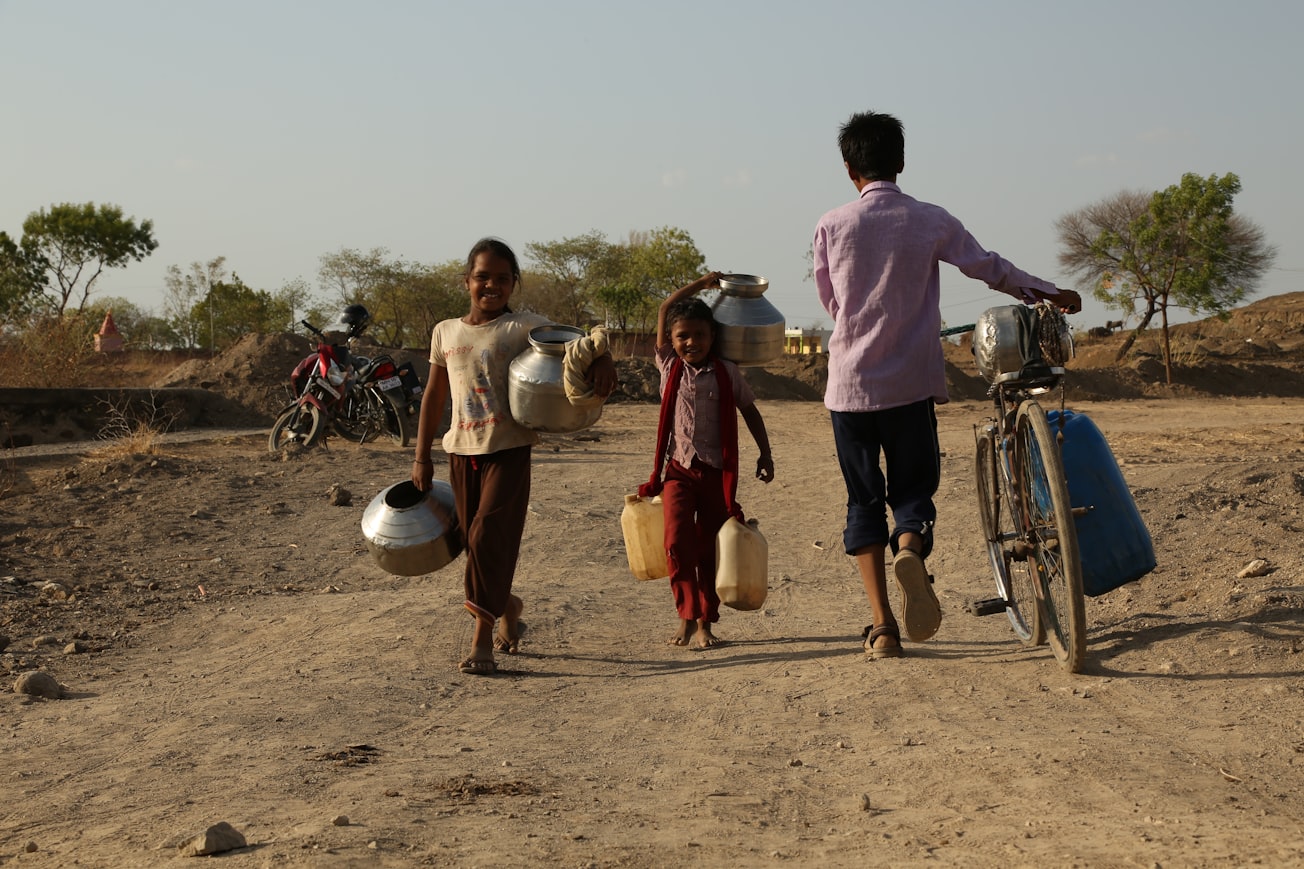What is it about?
Water insecurity is experienced by households when they face uncertain access to sufficient amount of safe and clean water for an active and healthy lifestyle. The objective of our study was to assess and compare water access and sanitation-related behaviors with self-reported water insecurity among 134 women living in rural areas of West Cameroon. We found that water security is associated with long distance to water source and limited water availability at the household level. Future research is needed to understand the association between water insecurity and daily water intake and related dietary behaviors.
Featured Image

Photo by Gyan Shahane on Unsplash
Why is it important?
Water security is tremendously important worldwide because it affects various facets of life. In addition to reducing poverty and improving health (mental, social, and physical), access to water has significant implications on gender-related issues as well as food insecurity. Studies show that water scarcity, through famine which it is highly likely to generate, put populations at high risk for internal displacements, resulting in environmental refugees and potential for conflicts in the receiving area. The importance of achieving water security in promoting peace, health, and development has been recognized, and water access and security have become the central piece of several milestone agreements such as the 2030 Agenda for Sustainable Development Goals (SDG). In fact, it has been recognized that addressing water security and thus achieving the SDG of clean water and sanitation could impact upon the successful achievement of most of the other SDG through reducing poverty, gender equity, and food security; especially in promoting optimal growth and development.
Perspectives
From the results of the research that lead to the publication of this article, I am currently conducting a project of developing a valid and reliable water insecurity scale, that could more accurately capture the extent of water insecurity in rural households of poor developing countries.
Carole Nounkeu
University of North Carolina System
Read the Original
This page is a summary of: Water insecurity among rural households of West Cameroon: lessons learned from the field, Journal of Water Sanitation and Hygiene for Development, April 2018, IWA Publishing,
DOI: 10.2166/washdev.2018.148.
You can read the full text:
Contributors
The following have contributed to this page










